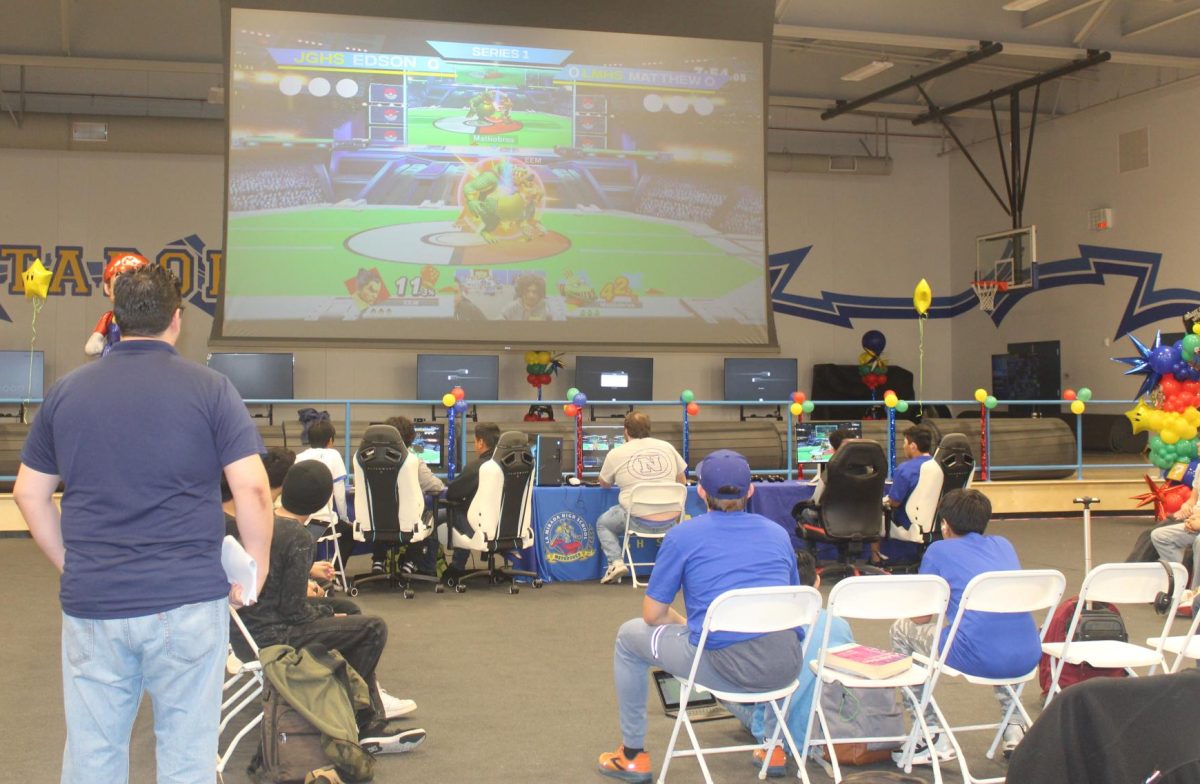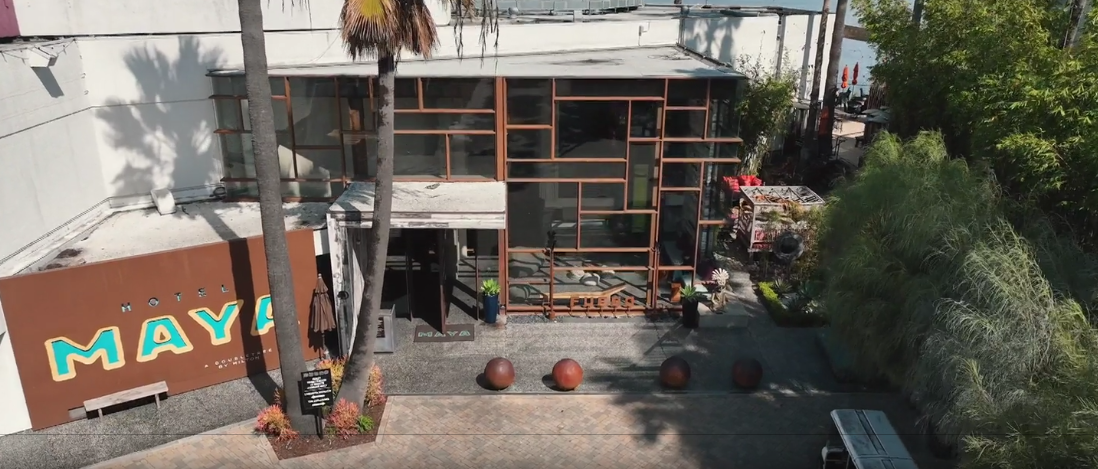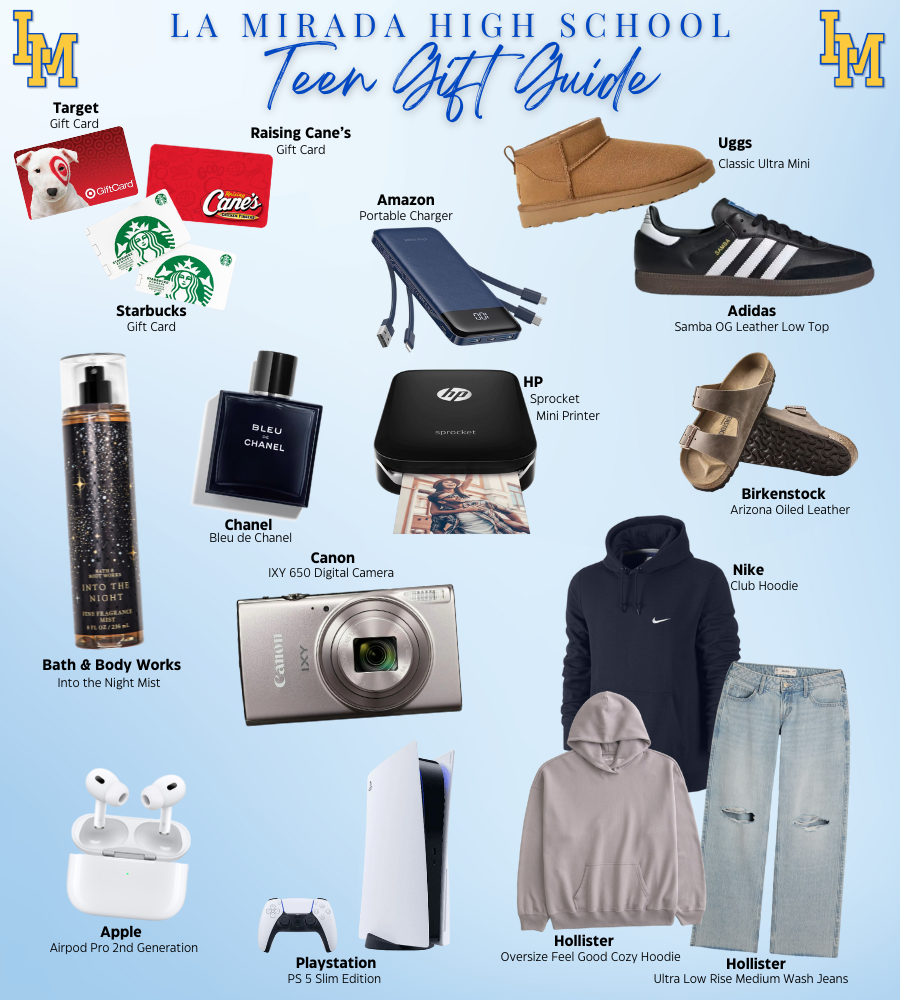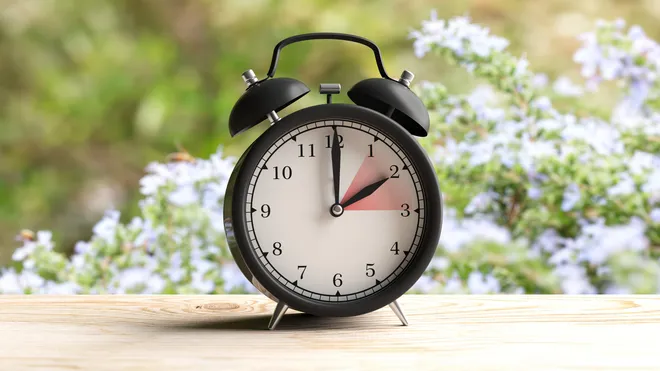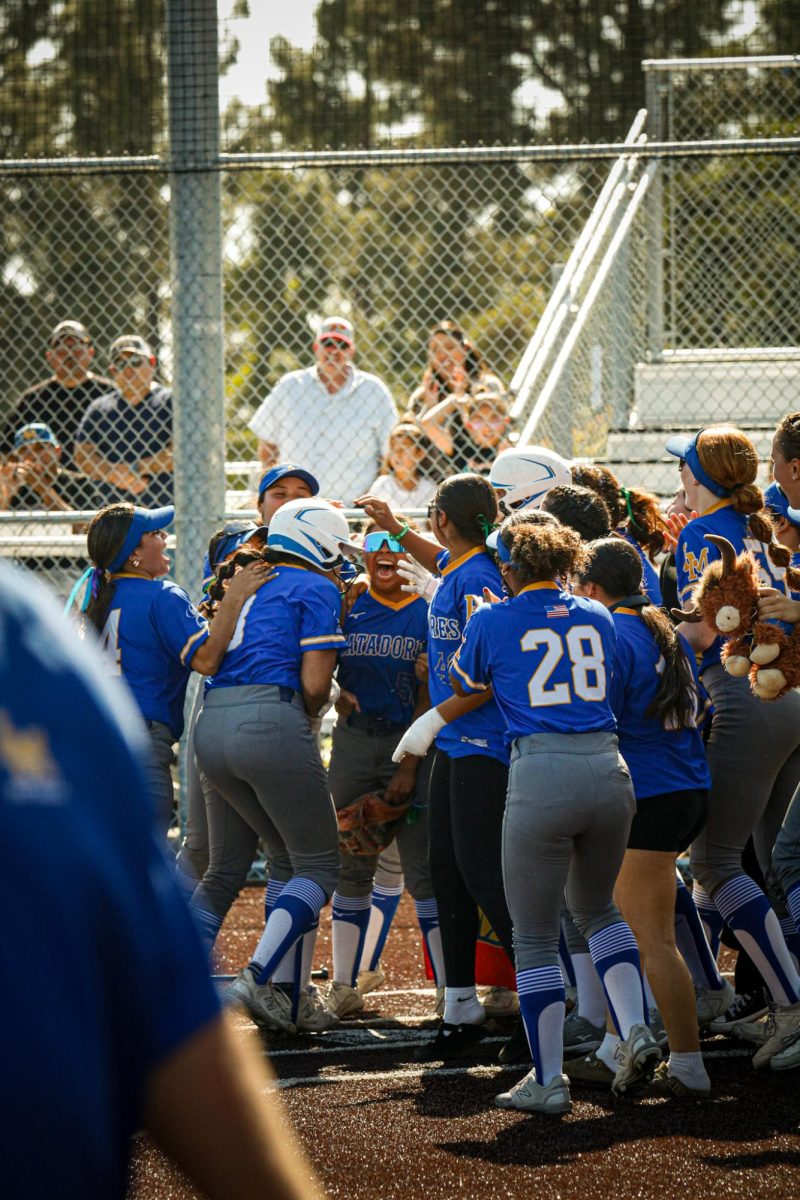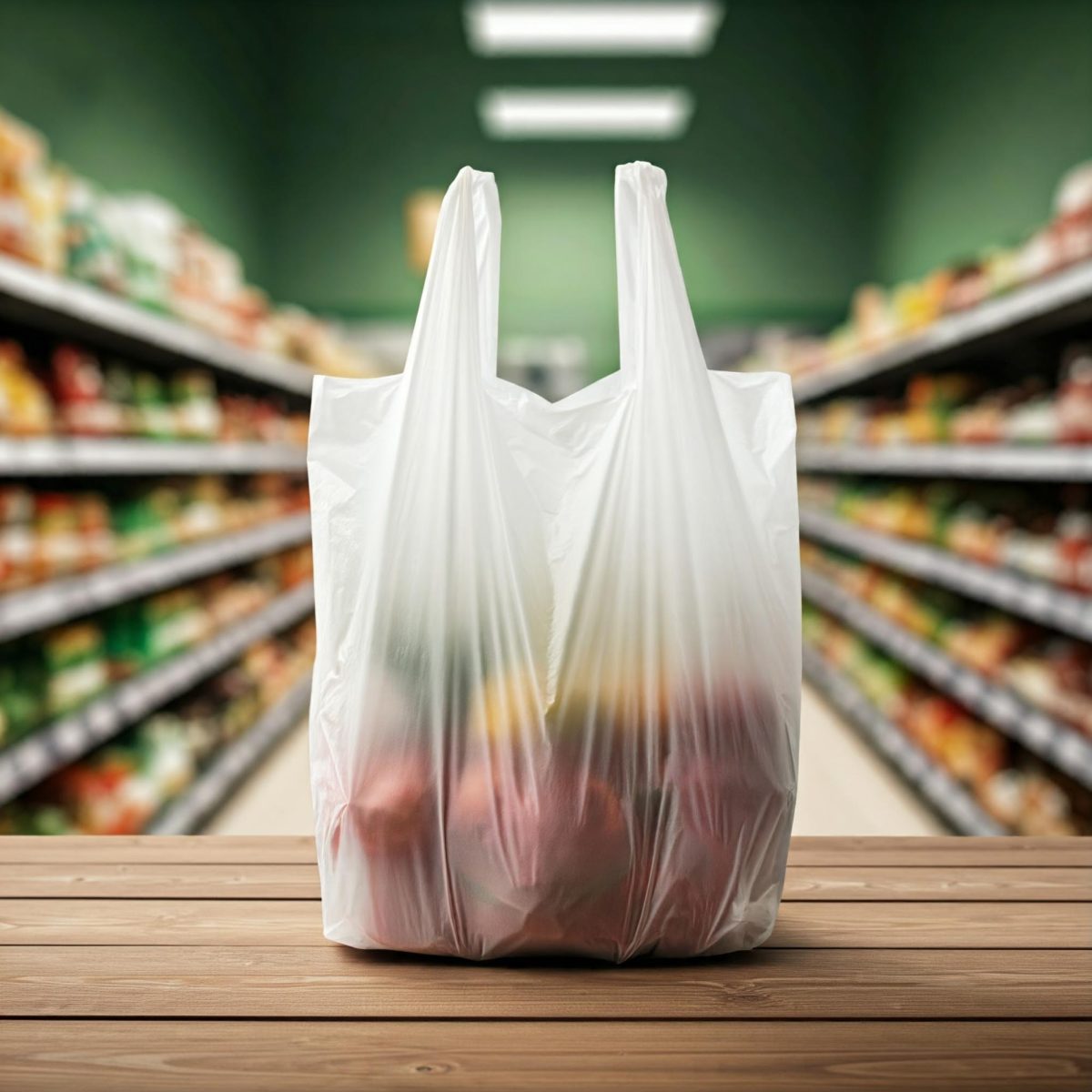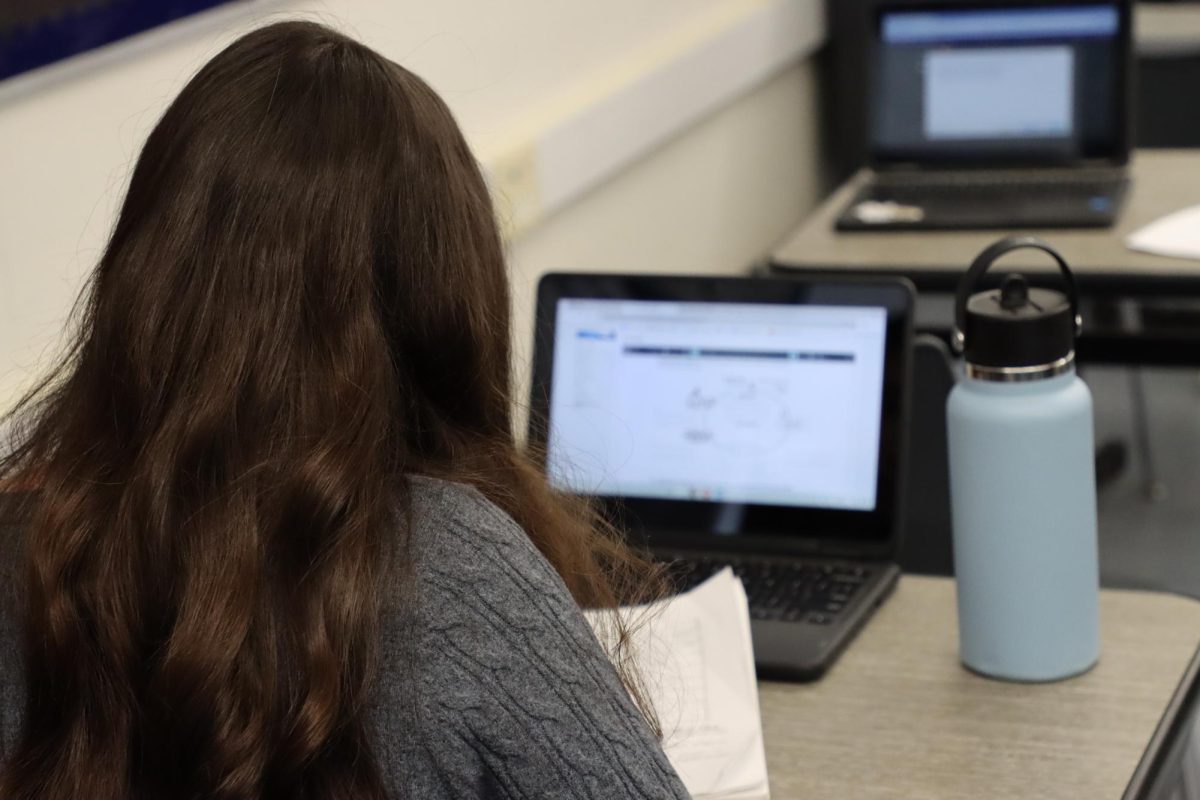Plastic bags have been used for a long time and currently are still utilized to do basic everyday
tasks such as holding groceries, collecting waste, protecting items during travel, or pack snacks
or meals to take on the go.
Plastic bags have been deemed to not be as a major problem as
assumed given the efforts to pass a plastic bag ban in 2014, making California the first state to
address the issue of plastic. In January of 2026, a new measure was taken at status getting
approved by state legislators just recently in hopes to reduce the overconsumption of plastic.
According to State Senator Catherine Blackspear, a study showed that the amounts of shopping
bags are trashed rather than used and majorly doubled from 8 lb. a year to 11 lb. in 2021. The
usage of plastic bags continues to grab a hold of our world leading to a global plastic pollution
crisis if action isn’t taken. Statistics have shown that the millions of plastic wasted end up being
in the oceans each year therefore resulting in harm to marine life and ecosystems. In addition to
the environment decline, humans are affected by the increasing exposure to plastic and the
chemicals that are used in the production of it. The ban is not only a response to marine life but
also a cultural shift towards sustainability. It causes people to reconsider their habits and
embrace the responsibility towards our planet.
However the success of the ban will depend on the education of the public and infrastructure to
support the transition to less usage of plastic.
Some argue that getting rid of plastic once and for all could cause problems long term. Plastic
bags are lightweight and convenient, so if the access to it was cut off then the consumers that
are dependent on bags may struggle with how they are to carry their groceries. Businesses who
depend on plastic for their packing and products will struggle with a transition to more expensive
alternatives as plastic is conveniently cheaper. Businesses are the main problem to consider
due to the fact that they rely heavily on ways to keep their customers hooked on their products.
If plastic is taken away from the hands, then it would be more difficult to find alternatives to
bags.The alternatives of plastic bags have their concerns as it is suspected for the chance to
harbor more bacteria than single-used bags. That suspicion leaves people at crossroads with
what to rely on when buying groceries. Those specific concerns highlight the need for an
approach that considers both sides of the environmental goals and implications for consumers
and businesses.
Ultimately the plastic bag ban has its positives and negatives when it comes to what’s best for
the environment. Whether or not it’s reducing plastic waste for the life of mammals or keeping
the market economy afloat, the ban is inevitable and it’s up to the people to protect the health of
our earth.





